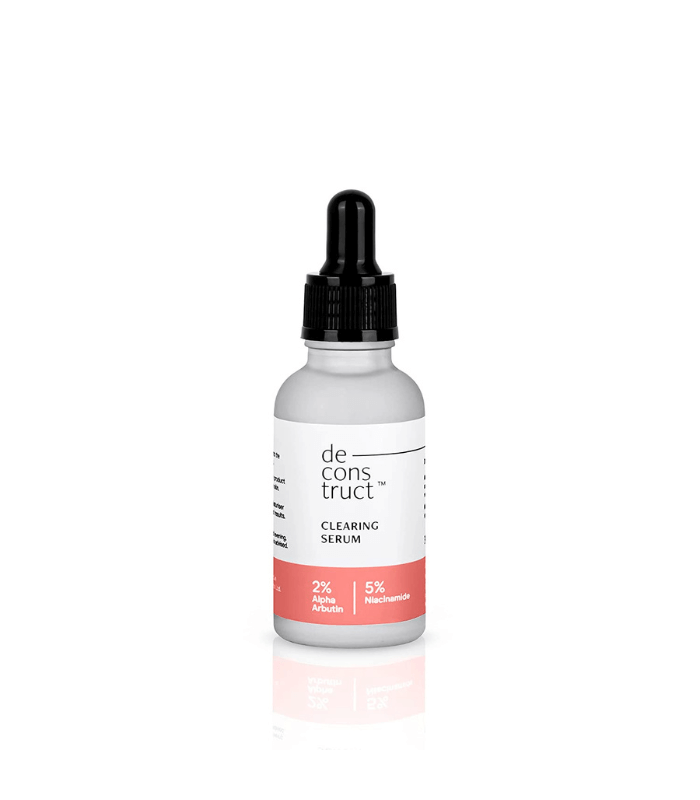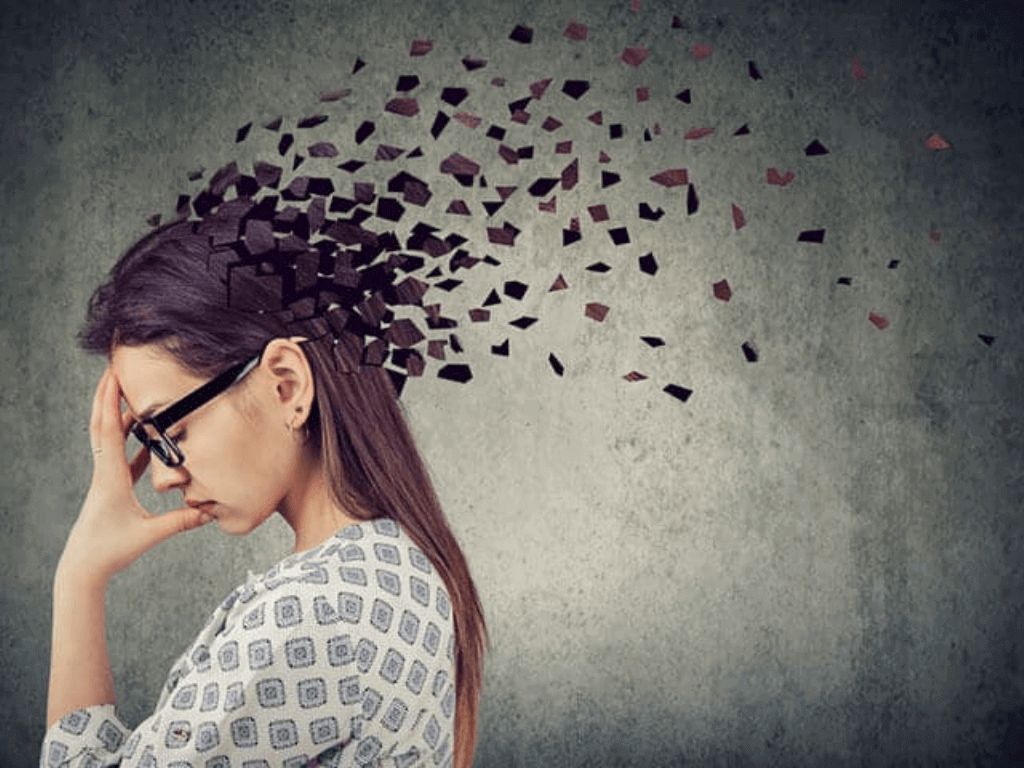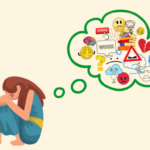We often forget things, don’t we?
How often have you ever misplaced your car keys or forgotten the name of an individual you only met?
Some degree of memory problems, also the modest decline in other thinking skills, is a common part of ageing. There is a huge difference between normal memory issues and amnesia related to Alzheimer’s disease. And a few memory problems are the results of treatable conditions. If you’re facing problems to memorize, ask your doctor and undergo proper diagnosis and treatment.
Memory loss & ageing
Normal age-related amnesia doesn’t prevent you from living a full, productive life. For instance, you may occasionally forget an individual’s name, but remember it later within the day. You may have the tendency to misplace your glasses seldom. Even you may prefer to form records more often than within the past to recollect assignments or duties.
These changes in memory are generally manageable and do not disrupt your ability to figure, live independently, or maintain a social life.
Memory loss & dementia
The word “dementia” is an umbrella phrase used to define an assortment of symptoms, including impairment in memory, thinking, judgment, communication, and other reasoning skills. Dementia usually begins gradually, worsens over time, and impairs an individual’s abilities in work, social interactions, and relationships.
Often, amnesia that disrupts your life is one of the primary or more-recognizable signs of dementia.
Other early signs might include:
- Asking equivalent questions repeatedly
- Forgetting common words when speaking
- Mixing words up — saying “bed” rather than “table,” for instance
- Taking a long time to finish known tasks
- keeping items often in inappropriate places by mistake, like putting a wallet in a kitchen drawer
- forgetting the path while walking in a familiar area
- Having changes in mood or behavior for an unusual reason
Diseases that cause progressive damage to the brain and consequently end in dementia include:
- Alzheimer’s disease, the foremost common explanation for dementia
- Vascular dementia
- Frontotemporal dementia
- Lewy body dementia
The disease process (pathology) of these conditions differs. Memory impairment isn’t the primary sign, and therefore the sort of memory problems varies. It is also possible to possess quite one sort of dementia, referred to as mixed dementia.
Mild cognitive impairment
Mild cognitive impairment involves a notable decline in a minimum of one area of thinking skills, like memory, that’s greater than the changes of ageing and fewer than those of dementia. Having mild cognitive impairment doesn’t stop you from everyday tasks and being socially active.
Researchers and physicians are still finding some proper & useful data for mild cognitive impairment. Also, for several people, the condition eventually progresses to dementia due to Alzheimer’s disease or another disorder that causes dementia. Other people’s amnesia doesn’t progress much, and that they don’t develop the spectrum of symptoms related to dementia.
Reversible causes of amnesia
Many medical problems can cause amnesia or other dementia-like symptoms. Most of those conditions are often treated. Your doctor may screen you for conditions that cause reversible memory impairment.
Possible causes of reversible amnesia include:
Medications – Certain medications or a mixture of medicines can cause forgetfulness or confusion.
Minor head trauma or injury – A head injury from a fall or accident but if you don’t lose consciousness can cause memory problems.
Emotional turbulence – Anxiety, depression, or stress may lead to uncertainty, difficulty in concentrating, forgetfulness, and other problems that obstruct daily actions.
Alcoholism – Chronic alcoholism may lead to impairing mental abilities. Alcohol also can cause amnesia by interacting with medications.
Vitamin B-12 deficiency – Vitamin B-12 helps in maintaining healthy nerve cells and RBC. Vitamin B-12 deficiency is quite common in older adults and may lead to serious memory problems.
Hypothyroidism – An underactive thyroid (hypothyroidism) may result in forgetfulness and other thinking problems.
Brain diseases. A tumour within the brain may also lead to serious memory problems or other dementia-like symptoms.
When to consult a doctor?
If you’re concerned about amnesia, consult a physician!!! There are tests to work out the degree of memory impairment and diagnose the cause. Your doctor is probably going to ask you a few questions. It’s good to possess a loved one or friend along to answer some questions supported by observations.
Questions might include:
- When did your memory problems begin?
- What medications, including prescribed drugs, over-the-counter?
- Have you recently started a replacement drug?
- What tasks does one find difficult?
- What have you ever done to deal with memory problems?
- How much alcohol does one drink?
- Have you recently or injured your head?
- Have you been sick recently?
- Do you feel sad, depressed, or anxious?
In addition to a general physical exam, your doctor will likely conduct question-and-answer tests to gauge your memory and other thinking skills. He or she can also ask for some blood tests and brain-imaging tests which may help the doctor to identify reversible causes of memory problems and dementia-like symptoms.
To treat such symptoms, you are advised to consult a specialist in the fields of neurology, psychiatry, psychology or someone who is an expert in diagnosing dementia or memory disorders.
The importance of a diagnosis
Coming to terms with amnesia, the possible onset of dementia is often difficult. Some people attempt to hide memory problems, and a few relations or friends catch up on an individual’s loss of memory, sometimes without being conscious of what proportion they’ve adapted to the impairment.
Getting a prompt diagnosis is vital, although it’s much challenging. Identifying a reversible explanation for memory impairment enables you to urge appropriate treatment. Also, an early diagnosis of mild cognitive impairment, Alzheimer’s disease, or a related disorder is useful because you can:
- Begin treatments to manage symptoms.
- Educate yourself and near ones about the condition.
- Determine future care preferences.
- Identify care facilities or at-home care options.
- Settle financial or legal matters.
In case you observe any symptoms, you must consult your doctor immediately as they can assist you to identify community resources and organizations working around the world, to assist you to deal with amnesia and other dementia symptoms!!
#memoryloss #mentalhealth #alzheimer #awareness #healthcare #wellness #amnesia #memory #medicine










































































Can’t really say about dementia but my girlfriend knows about my memory. ?
Thanks for the update.
This is a very informative and well written write up. The topic is relevant as well. Memory loss is not as normal as it looks.
These are some really helpful tips! Thank you!
Thank you for the information 🙂
Great!!
Informational Blog , thanks!!
Very informative ??
I do tend to forget things often. Found this to be really helpful.
Very informative ?
This was so helpful ?